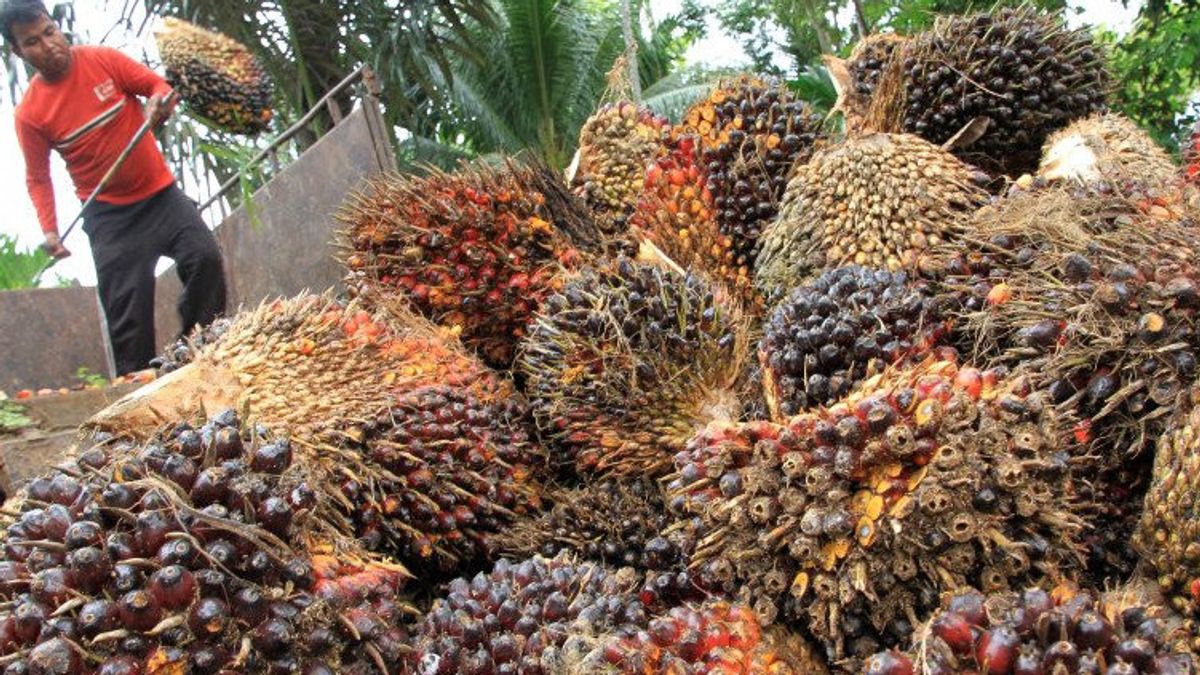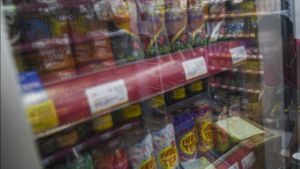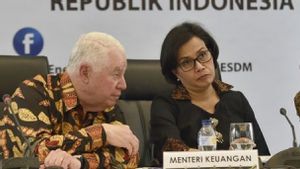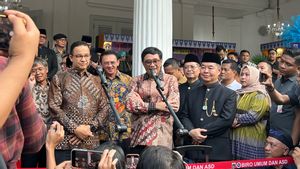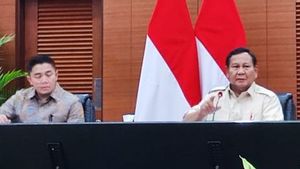JAKARTA - The Ministry of Industry (Kemenperin) revealed that the downstream of the domestic palm oil industry has succeeded in increasing the added value of these commodities because it produces derivative products that have higher selling value. Director General of Agro Industry of the Ministry of Industry Putu Juli Ardika said several benefits that have been obtained from the downstream oil palm industry's downstream program, including optimizing the absorption of the products produced by people's farmers (small holders), providing food, non-food, and renewable fuel, to generating a productive economy based on the processing industry. In addition, increasing the acquisition of state foreign exchange from downstream products exports, contributing to state finances through tax revenue and non-taxation, as well as supplying world needs for food and energy (feeding and energy the world)," he said in his written statement, quoted from Antara, Tuesday, August 15. The Ministry of Industry applies policy mixes consistently in running the downstream program of oil palm industry through Government Regulation Number 14 of 2015 2015-2035 concerning the National Industrial Development Master Plan 2015-2035 and several regulations on National Industrial Policy. Roads for the development of downstream palm oil industry are regulated through Regulation of the Minister of Industry Number 13 of 2010 concerning Amendments to Regulation of the Minister of Industry Number 111/M-IND/PER/10/2009 concerning Guidelines for the Development of the Downstream Oil Palm Cluster, which is an initiative for the determination of priorities for the development of downstream oil palm industry. There are two main policies in accelerating the growth of the downstream oil palm industry population, namely the fiscal policy of progressive output duty rates according to the industrial value chain, as well as tax incentives for new investments or expansion of the oleofood, oleochemical, and biofuel industries. "These two policies are very effective in encouraging downstreaming of the palm oil industry," he added.
Putu explained, historically, the downstream of the palm oil industry has been consistently run since 2007. At that time, exports of crude palm oil (CPO) were around 60 percent of the total national palm oil exports. In fact, CPOs were used as raw materials for the food industry, non-food and biofuel in export destination countries so that their added value was less enjoyed by domestic ones. "Through the pro-industry-oriented exit duty policy, the production capacity growth of the cooking oil industry, oleofood, oleochemia, and biodiesel increased significantly," said Putu. In 2010, the capacity of the CPO processing plant (refinery) was only around 25 million tons. However, through downstream policy, the refinery capacity increased threefold to 75 million tons in tl2022. "Meanwhile, the current installed capacity of biodiesel factories has reached 17.5 million tons per year, then the installed capacity of the oleopood industry reached 2.7 million tons per year, and the installed capacity of the oleochemical industry reached 11.6 million tons per year. This brilliant achievement is a result of the consistency of the downstream policy of the palm oil industry in a long period," he said.
اقرأ أيضا:
Analyzing data from the Fiscal Policy Agency in 2019 and 2022, the Ministry of Industry noted that the palm oil industry contributed 3.5 percent to the national GDP. Until now, the palm oil industry from upstream to downstream was able to absorb 5.2 million workers and support more than 21 million people.
In the quantitative aspect, palm oil product exports totaled 282 million MT with a total value of 176.84 billion US dollars during the 2015-2022 period. In late 2007, the number or variety of downstream products of palm oil derivatives and palm oil produced in Indonesia was only about 54 types, and now it has grown to 179 types which include oleopood and oleochemical products. ; with the composition of Biodiesel FAME and Greenfuel, which are further downstream products of palm oil for renewable fuels, "said Putu.
The English, Chinese, Japanese, Arabic, and French versions are automatically generated by the AI. So there may still be inaccuracies in translating, please always see Indonesian as our main language. (system supported by DigitalSiber.id)
